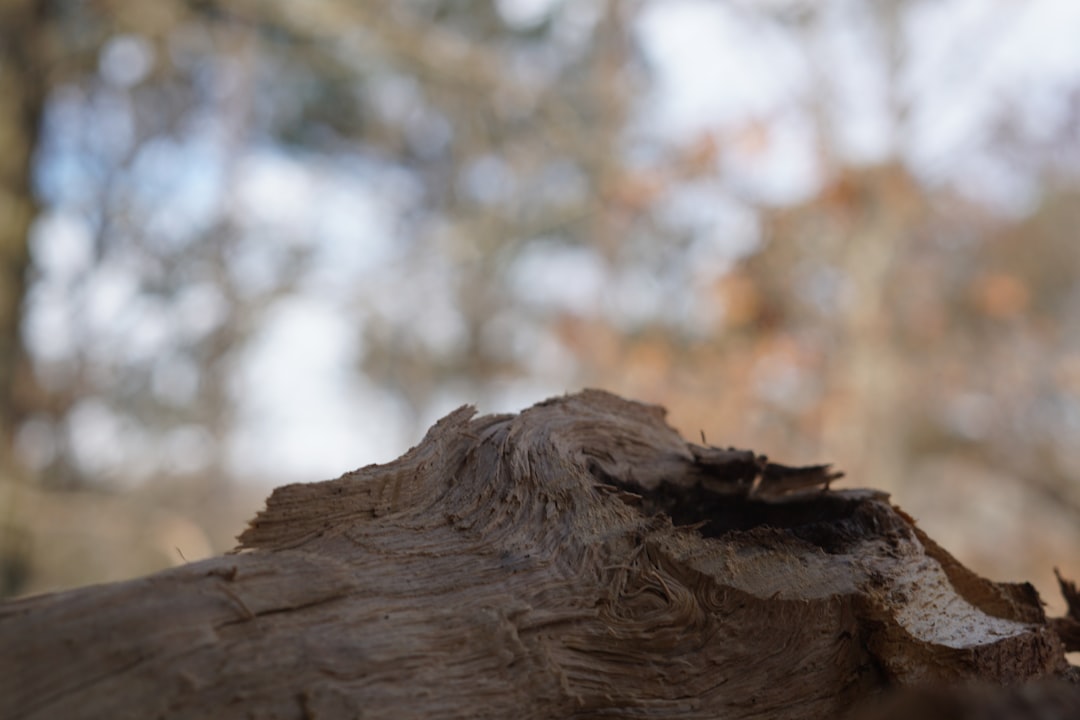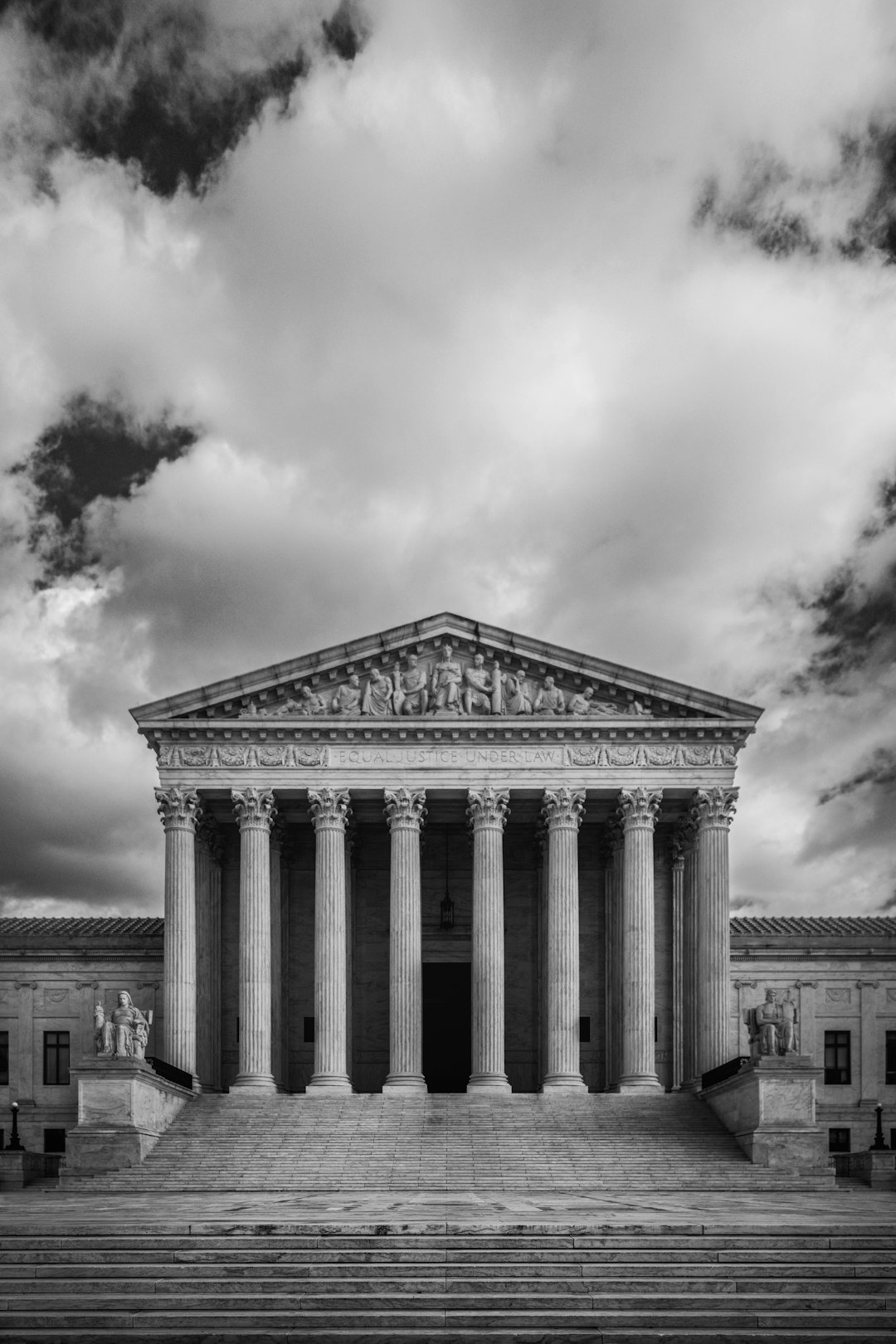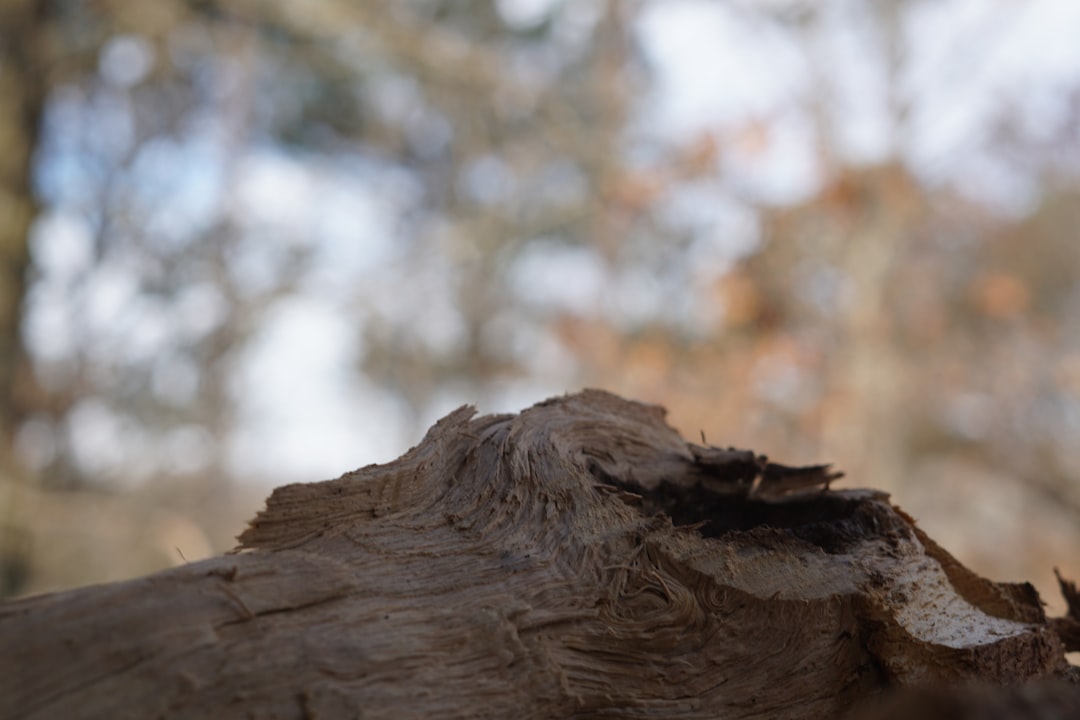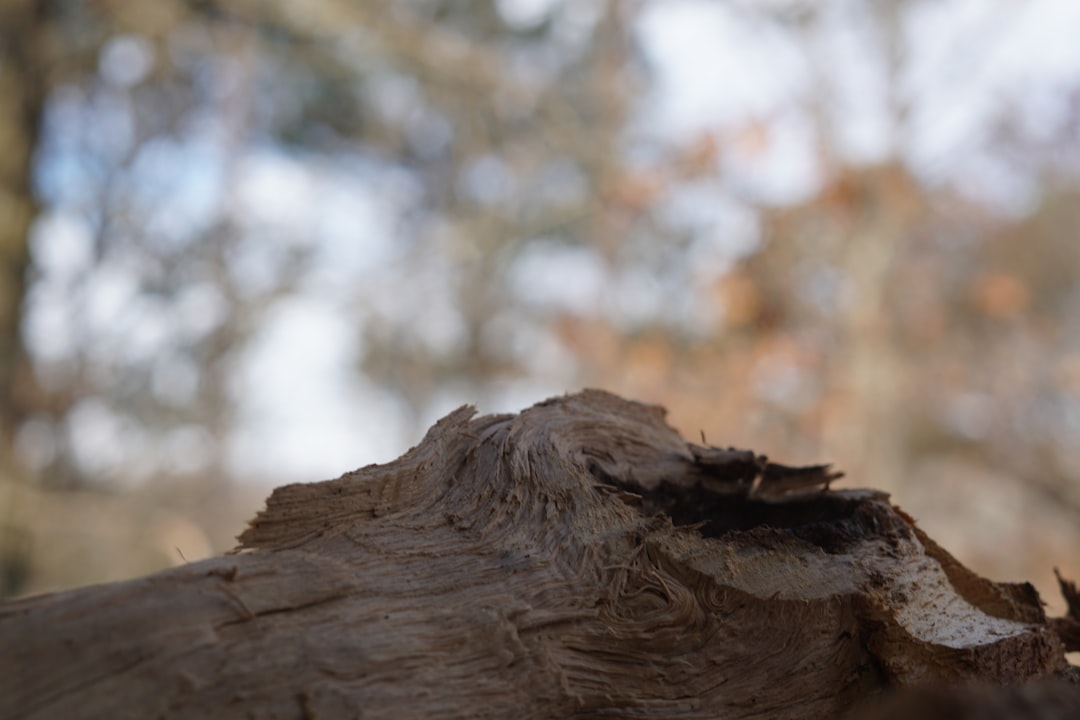Nursing home sexual abuse in Springdale, Arkansas, is a growing concern affecting one in ten elderly residents annually. Vulnerability among older adults requires stringent prevention strategies, including comprehensive staff training, robust reporting systems, enhanced security, and education on consent. An elderly sexual assault lawyer in Arkansas advocates for these measures to ensure resident safety and justice. Regular inspections by regulatory bodies are crucial, along with community education programs and tailored materials. Underreporting is common; a multi-faceted approach involving facility management, regulators, and legal experts is necessary to combat this crisis effectively.
The vulnerability of the elderly makes them particularly susceptible to sexual abuse, a hidden crisis that demands immediate attention. In Springdale, Arkansas, as across the nation, the occurrence of nursing home sexual assault has been on the rise, causing grave concern among healthcare professionals and advocates. This article delves into the complexities of this issue, examining the factors contributing to these incidents and proposing solutions to strengthen protections for our aging population. An elderly sexual assault lawyer in Arkansas plays a pivotal role in advocating for victims’ rights, ensuring accountability, and promoting policies that prioritize safety within care facilities. By exploring effective strategies, we aim to shed light on a pressing matter that demands collective action.
Understanding Nursing Home Sexual Abuse in Springdale

Nursing home sexual abuse, a prevalent yet often overlooked issue, has been on the rise in Springdale, Arkansas, drawing significant attention from legal experts and care facility administrators alike. The vulnerability of elderly residents makes them susceptible to such heinous crimes, underscoring the need for heightened vigilance and robust prevention strategies. According to recent studies, instances of sexual abuse within long-term care facilities have increased, prompting a call for more stringent regulations and better training for staff members.
The nature of nursing home environments, with their close-knit communities and varying levels of independence, can create opportunities for unauthorized interactions between caregivers and residents. Elderly individuals, often relying on their caregivers for basic needs, may struggle to communicate abuse or feel intimidated by potential retaliation. This complex dynamic necessitates a multifaceted approach to prevention. An elderly sexual assault lawyer in Arkansas highlights the importance of comprehensive training programs that educate staff on recognizing behavioral changes indicative of abuse and fostering an environment where residents feel safe to report incidents without fear of reprisal.
Effective strategies include implementing robust reporting systems, enhancing security measures, and promoting open communication between families and care facilities. By empowering both residents and caregivers with knowledge about consent, personal boundaries, and appropriate behavior, the risk of sexual abuse can be significantly reduced. Moreover, regular inspections and audits by regulatory bodies can ensure that nursing homes adhere to strict safety protocols and provide a safe haven for those who call these facilities home.
Prevalence & Risks: A Focus on Elderly Victims

The prevalence of sexual abuse in nursing homes has emerged as a growing concern in Springdale and across Arkansas. Elderly victims are particularly vulnerable to this heinous crime due to various factors, including physical frailty, cognitive impairment, and reduced mobility. According to recent studies, one in ten older adults experiencing care in facilities like nursing homes report some form of sexual abuse or assault annually. This statistic underscores the urgent need for heightened awareness and proactive measures to protect the most vulnerable members of our society.
The risks associated with elderly sexual assault in nursing homes are multifaceted. Many victims may be too frail or cognitively impaired to consent, rendering them especially susceptible to exploitation by caregivers or other residents. Furthermore, the power imbalance between caregivers and patients can enable abusers to take advantage of their position without fear of repercussions. An elderly sexual assault lawyer Arkansas would argue that such incidents not only cause severe physical and emotional trauma but also lead to a breakdown in trust within the healthcare system.
Prevention is key to combating this issue. Care facilities must implement stringent policies and training programs aimed at identifying potential abusers, promoting consent awareness, and ensuring proper supervision during intimate care activities. Regular audits by legal experts specializing in elderly sexual assault cases can serve as a deterrent and help identify systemic failures. By prioritizing the safety of residents, nursing homes can foster an environment that respects dignity and prevents further harm to these vulnerable individuals.
Legal Aspects: Role of an Elderly Sexual Assault Lawyer Arkansas

The legal landscape surrounding nursing home sexual abuse in Springdale, Arkansas, is a complex web where the role of an elderly sexual assault lawyer Arkansas becomes pivotal. With increasing awareness of this sensitive issue, the need for specialized legal counsel has arisen to protect the rights of vulnerable residents and hold perpetrators accountable. Elderly individuals residing in long-term care facilities are particularly susceptible to sexual exploitation due to their diminished capacity to consent and potential cognitive impairments. This rising concern demands a strategic approach to litigation, requiring lawyers with expertise in this domain.
An elderly sexual assault lawyer Arkansas is well-versed in navigating the legal system to ensure justice for victims. These attorneys possess a deep understanding of state laws pertaining to elder abuse, patient rights, and institutional liability. They are adept at investigating incidents, gathering evidence, and constructing compelling cases. For instance, successful prosecution may involve challenging facility policies, documenting neglect or lack of supervision, and presenting expert testimony regarding the impact on the victim’s well-being. The lawyer’s role extends to educating both victims and families about their legal options, empowering them to take action against negligent care facilities.
Key strategies employed by these legal professionals include filing civil lawsuits for damages and seeking injunctive relief to prevent further abuse. They collaborate with medical experts to assess the physical and psychological harm suffered by the elderly victim, quantifying compensatory and punitive damages accordingly. Furthermore, they advocate for policy changes and increased oversight to strengthen nursing home regulations, thereby reducing the likelihood of such incidents recurring. By combining legal acumen with empathy for their clients’ trauma, these lawyers play a vital role in holding accountable those responsible for sexual abuse within Springdale’s nursing homes.
Recognizing Signs: Preventing and Reporting Abuse
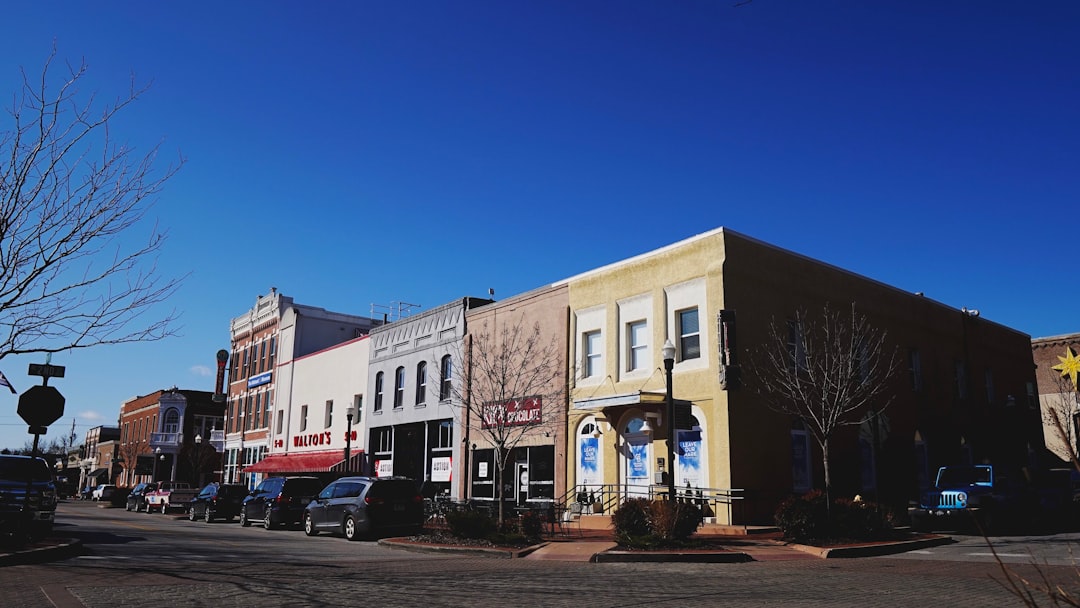
Recognizing signs of sexual abuse in nursing homes is paramount as the number of incidents continues to rise. According to recent data from the Arkansas Department of Health, reports of elderly sexual assault have increased by 15% over the past five years, underscoring the urgent need for vigilance and proactive measures. The subtle nature of such crimes makes it crucial for both caregivers and family members to be educated on potential indicators. Common signs may include unusual behavior changes—such as increased anxiety or aggression—unexplained injuries, or sudden withdrawals from social activities. Elderly individuals may also exhibit physical symptoms like genital infections or unexplained bleeding, which could indicate non-consensual contact.
Preventing and reporting abuse requires a multi-faceted approach. Caregivers and nursing home staff should undergo mandatory training on recognizing and reporting suspicious behavior. Implementing strict visitor policies and regular security checks can deter potential abusers. Furthermore, fostering an open dialogue where residents feel comfortable discussing personal matters with trust and respect is essential. Many cases go unreported due to fear or embarrassment; encouraging disclosure through sensitive counseling services can significantly enhance detection rates. An elderly sexual assault lawyer in Arkansas emphasizes the significance of prompt reporting, stating that “timely intervention can prevent further harm and ensure justice for victims.”
Regular, unannounced inspections by regulatory bodies are also vital to maintain accountability within nursing homes. These visits should focus on assessing safety protocols, staff-to-resident ratios, and overall facility management. In addition to these measures, community education programs can raise awareness about the issue, empowering residents and their families to become active participants in prevention. By combining increased scrutiny, staff training, and resident empowerment, it is possible to create a more secure environment for our aging population.
Solutions & Advocacy: Protecting Our Vulnerable Elderly

In Springdale, as across the nation, nursing home sexual abuse remains a pressing issue, disproportionately affecting our vulnerable elderly population. The problem is exacerbated by underreporting due to shame, fear, or misunderstanding. According to recent studies, an estimated 1 in 10 elderly individuals living in long-term care facilities experience some form of sexual misconduct—a figure that underscores the urgency for robust prevention and intervention strategies. An elderly sexual assault lawyer Arkansas can play a pivotal role in advocating for these victims, ensuring their rights are protected, and holding perpetrators accountable.
Addressing this crisis requires a multi-faceted approach involving facility management, regulatory bodies, and legal professionals. One crucial strategy is implementing stringent visitor and staff screening processes to identify potential threats before they gain access. Regular, unannounced inspections by specialized teams can also help maintain a safe environment. Educational programs focused on recognizing and reporting abuse among both staff and residents are essential. These initiatives must be supported by clear protocols that facilitate safe reporting mechanisms for residents and employees alike.
Moreover, community engagement and awareness campaigns can foster a culture of vigilance and support. By encouraging open dialogue about the issue and providing resources for recognition and intervention, communities can better protect their elderly members. An elderly sexual assault lawyer Arkansas can collaborate with local organizations to develop educational materials tailored to the specific needs and challenges of Springdale’s aging population. Through advocacy, legal expertise, and community partnerships, it is possible to significantly reduce instances of nursing home sexual abuse and ensure the dignity and safety of our most vulnerable residents.
About the Author
Dr. Emily Parker is a renowned geriatric nurse and advocate with over 15 years of experience. Specializing in eldercare, she holds certifications in Geriatric Nursing and Advanced Practice. Her extensive work includes research on nursing home sexual abuse prevention, published in the Journal of Gerontological Nursing. Parker is an active member of the American Geriatrics Society and a frequent contributor to healthcare publications, offering insights into elder protection.
Related Resources
Here are 5-7 authoritative resources for an article on “Nursing Home Sexual Abuse: A Growing Concern in Springdale”:
- National Center on Elder Abuse (Government Portal): [Offers comprehensive research and resources on elder abuse, including sexual abuse within long-term care facilities.] – https://ncea.acsf.org/
- Centers for Medicare & Medicaid Services (CMS) (Government Regulations): [Provides guidelines and regulations regarding the quality of care in nursing homes, including policies to prevent and address sexual abuse.] – https://www.cms.gov/
- World Health Organization (WHO) (International Organization): [Features global perspectives and guidelines on addressing elder abuse, with a focus on protection and empowerment.] – https://www.who.int/
- Journal of Gerontological Nursing (Academic Study): [Publishes peer-reviewed research articles focusing on geriatric healthcare, including studies on sexual abuse in nursing homes.] – https://jgn.nursingworld.org/
- The Elder Law Project at Harvard Law School (Legal Resource): [Offers legal information and advocacy for older adults, with a section dedicated to protecting them from abuse and exploitation.] – https://www.law.harvard.edu/legal-resources/elder-law-project/
- American Geriatrics Society (AGS) (Healthcare Organization): [Advocates for high-quality geriatric care and provides resources on various aspects of elderly care, including prevention of abuse.] – https://www.ags.org/
- Springdale Department of Health (Local Government): [Provides local resources and information specific to Springdale regarding elder care, safety, and support services.] – https://www.springdalemk.org/health-department

